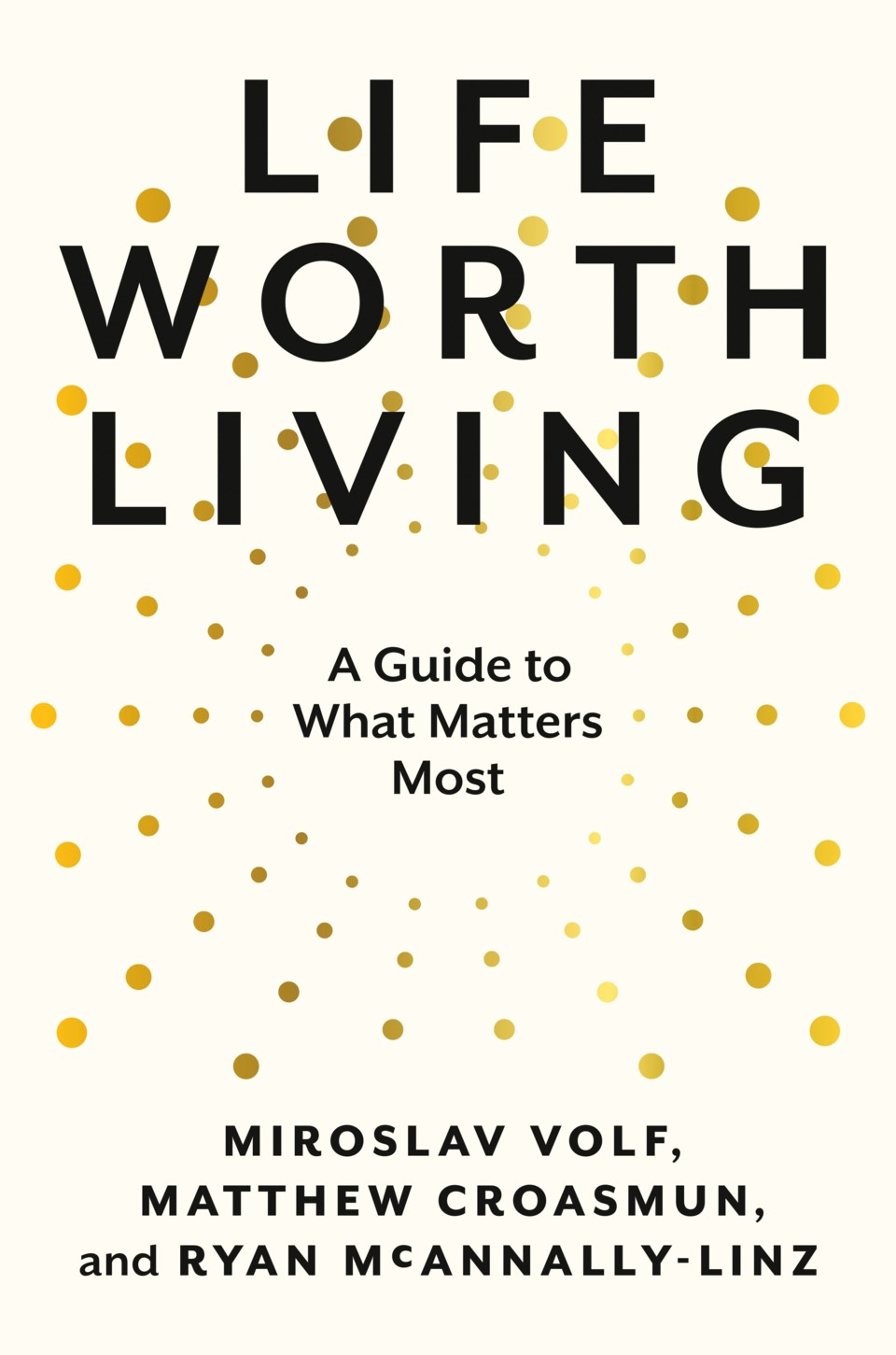“Life Worth Living: A Guide to What Matters Most,” by Miroslav Volf, Matthew Croasmun and Ryan McAnnally-Linz (The Open Field)
In America, we excel at producing self-help books, videos and podcasts; it’s as if the entire nation is perpetually riven by angst about falling short of our full potential, or, if social media is a guide, failing to acquire enough stuff or becoming happy enough.
Graduation speakers especially take off on life and career advice to the caps-and-gowns gathered before them, as if the grads weren’t already nervous enough about achieving... something.
However, at Yale University, students might be spared at the least the usual graduation dose of life and work advice because they have had access to a remarkable undergraduate class offered by professors Miroslav Volf, Matthew Croasmun and Ryan McAnnally-Linz that teaches students to look for the essence of who we are, our personal truth.
In the course, and the book, the authors draw on a diverse cast: Jesus, Socrates, the Rev. Martin Luther King Jr., the Dalai Lama, Ida B. Wells, Friedrich Nietzsche and others.
The authors also collect wisdom from major religions and assemble a guide to figuring out life’s overarching questions, such as what is worth wanting in life, responding to failure and how much happiness matters.
The “Life Worth Living” class generates such interest at Yale that it has been exported to, among other schools, Duke University, the University of Hong Kong and Danbury Federal Correctional Institution. The authors also are working to bring versions of the course to kindergarten through high school.
Substantial revision may be needed for these other groups.
For example, discussions in the book can get a tad dense such as the one about Abraham when he understood God to order him to sacrifice his son. In the scriptural story, an angel intervenes at the last minute and tells Abraham to sacrifice a sheep instead. It’s hard to imagine a group of grade schoolers running with that discussion.
Volf, Croasmun and McAnnally-Linz say the search for meaning extends beyond a personal quest to bigger inquiries such as who we are as humans and nations. Will we all be better off having deeply thought through what matters in this life, who we are and what our purpose is in greater scheme of things? McAnnally-Linz says the book is “a toolkit for thinking well about life’s most important questions.”
Throughout the book, “the Question” is never precisely defined but meant to ignite discussions about topics such as worth, value, good and evil, meaning, purpose, beauty, truth, justice, what we owe one another, what the world is and who we are and how we live.
That’s kindling for quite a few engaging conversations. This is the fourth book by Maria Shriver’s Open Field Imprint, which aspires to publish books that inspire and “make us feel hopeful.”
Jeff Rowe, The Associated Press



